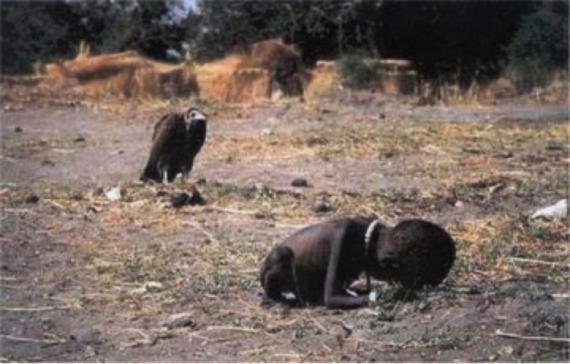"Who Cares?" -- The Phrase
Look at that political leader. And yet another political leader, making false promises to his people, his nation, and then look at me and my generation: dreaming big, wanting to habitat other planets, building robots smarter than humans (that still makes us more smart) and testing drones for delivering pizzas (this makes us more stupid). We are called the millennial generation. It is almost an entire generation that is stuck in its teens, forever, with unsettling jobs, inhuman gadget companions and graying hair, who refusing to grow up. If you ask why, how, what -- we have a chosen an anthem a-la phrase: "Who cares?"
"Who cares," is an idiosyncratic expression, diluting an individual's larger responsibility towards society, and denoting the carefree or rather careless attitude with no empathy to the fellow beings. It is in this context, for the majority of times, we use this phrase: "Who cares." Our parents have heard this, our teachers have heard it, we have heard it from our peers and we have said it a million times, including the day we chose to watch television on voting day, just because we felt it wasn't going to make any difference, hence: "Who cares."
A generation that shares more than it cares is almost like tears of a clown. I am scared to see the day when the most natural and reflexive action of this generation will be to take out a smartphone and take a video of an accident, rather than acting to avoid it. This reminds me of a story that I read about a Pulitzer Prize-winning photographer and his story. This doesn't necessarily fall in the exact scope of this article; however, it is a story worth reading that can possibly ignite some of you for the right course of action, in an event where you can make a difference.
Carter's Pulitzer Prize-winning photograph

TIME Domestic (September 12, 1994), Volume 144, No. 11: "The Life and Death of Kevin Carter," by Scott MacLeod.
In March 1993, while on a trip to Sudan, Kevin Carter was preparing to photograph a starving toddler trying to reach a feeding center, when a hooded vulture landed nearby. Carter reported taking the picture, because it was his "job title", and left. He was told not to touch the children, due to transmitting disease. Consumed with the violence he'd witnessed, and haunted by the little girl's fate, he committed suicide three months after winning the Pulitzer Prize.
"Who Cares?" -- The Question
While working on my startup, I once asked my mentor: "Will I succeed, does the world really need my startup Ycenter?" It was one of those moments, when you feel an intellectual imprudence towards yourself for asking something which you hope doesn't have a negative answer, and if it does, you don't want to hear. It is like, knowing for sure that you are going to fail in an exam, immediately after leaving the examination hall and asking your friend -- Will I pass? Just to fool your own sensibilities for a limited time until actual results are out.
However, my mentor answered this question beautifully by asking me back a question: "Who cares?" That was my moment of truth for a lot of things including the saying: "Only questions that are not asked are the stupid ones." Further, he explained to me that question in detail. As an entrepreneur, running a for-profit organization with a social mission, who cares about my success?
The answer is my investors, my customers -- the students and the communities that benefit from our keystone projects. Suddenly, I felt a sense of community and belonging to the people around me. I feel more responsible for making this a success, so that I can share the rewards with people who care. I was no longer alone, and the answer to: "Does anyone want my product/service?" lies in the answer to: "Does anyone care about it?" This is not really a new thing; it has been synthesized and derived in various forms as unmet market need, target market, etc.
"Who cares?," as a question, has been one of the biggest factors for driving civilizations, economies, politics amongst others since many years. Someone like Mr. Lincoln, Dr. King, Mr. Gandhi and Dr. Kurien always had an answer to that question as: "I do," and that why and how they did what they did.
Now, when I look at a problem that is not necessarily, mine. I use the same two words: "Who cares?" -- not as a phrase, but as a question. And if I don't have an answer, I realize I don't know enough about this and I have to learn. The general, human, idealistic answer to this, should be: "I do." But, lets not jump that far, yet.
Here is what you can do with the power of asking: "Who cares?" If the answer is not: "I do", then find out who does. Get the person elected, empowered, informed, resourceful, connected to get the work done.
We are a generation who have all the resources, tools, skills and ideas to make things happen. In fact we are very good with using these two words "who cares". Lets be interrogative and curious and not rhetoric anymore.

